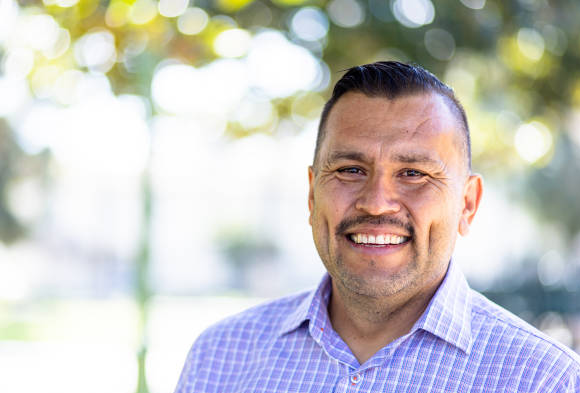How to Open a Bank Account
|
Getting your Trinity Audio player ready...
|
Do you want to open a bank account, but don’t know where to start? Opening a bank account is simpler than you may think!
The process of opening a bank account is not as complicated as it might seem. It can be quite straightforward with the right information and guidance. Plus, it has many advantages: it allows for convenience when making purchases, for saving money over time, and for budgeting more effectively.
Opening your bank account will put the power of financial management in the palm of your hand. In this article, we’ll take you through the step-by-step process of opening an account that best meets your financial needs.

Do Your Research
The first step in opening a bank account is to do your research. Look into different banks and their offerings, fees, and requirements. You can compare options online or speak with friends or family who have banking experience.
Choose the Right Account
Once you’ve done your research, you can decide which type of account best suits your needs. Common types of accounts include savings accounts, checking accounts, money market accounts, certificates of deposit (CDs), and individual retirement accounts (IRAs).
Gather the Necessary Documents
To open a bank account, you will need to provide certain documents such as a valid form of identification (i.e., driver’s license or passport ), Social Security number, proof of address (i.e., utility bill or lease agreement), and a recent pay stub or other proof of income.
Visit the Bank
Once you’ve gathered the necessary documents, it’s time to visit the bank in person. You can usually schedule an appointment with a banker who will be able to answer any questions you have and guide you through the account opening process.
Fill Out the Form
The banker will provide you with forms to fill out that include information such as your name, address, Social Security number, and other information about your financial histories such as credit score .
Make an Initial Deposit
To open most accounts, you will need to make an initial deposit. This can be done with cash, check, or debit card.
Get Your Account Number
Once you’ve filled out all the forms and made your deposit, the banker will provide you with your account number. It is important to keep this number in a secure place as it will be needed for future transactions.
Set Up Online Access
Most banks offer online access to their accounts so that you can manage your finances from anywhere. To set up online access, you will need to provide the bank with additional information such as a username and password.
Start Saving and Managing Your Money
Congrats! You have opened a bank account and are now ready to start saving and managing your money. Make sure to review the terms and conditions of your account regularly and always keep track of your spending.
Reach Out for Help When Needed
If you have any questions or concerns about your bank account, don’t hesitate to reach out to the bank for assistance. They are there to help you make the most of your money.
Monitor Your Finances
Once you have opened a bank account, it is important to keep track of your finances. Make sure to regularly monitor your account balance and transactions to make sure that everything is accurate and up-to-date. You can also use online banking tools such as budgeting apps or financial calculators to help you stay on top of your finances.
Consider Additional Services
Depending on the type of account you open, some banks may offer additional services such as overdraft protection or interest-bearing accounts. Ask your banker about any additional services available and how they can benefit you.
Consider Your Credit Score
Your credit score is an important factor in determining your eligibility for certain accounts, so it’s important to check your credit score before opening a bank account. You can get a free credit report from annualcreditreport.com and use it to review any discrepancies or red flags that may affect your application.
What is needed to open a Bank Account?
Identification
You will need to provide valid identification such as a driver’s license or passport to open a bank account.
Proof of Address
You will also need to provide proof of address, such as a utility bill or government-issued document, to open an account.
Financial History
You may be asked to provide financial information such as tax returns, pay stubs, and bank statements to open an account. This is typically used to assess your creditworthiness and financial stability.
The Bottom Line.
Opening a bank account is an important step in managing your finances. It can help you save money, build credit, and access different financial products and services. To get the most out of your account, make sure to do your research beforehand and stay organized when it comes to managing your money. Additionally, maintaining a good GPA can help you qualify for lower interest rates on loans and credit cards and may even help you get better job opportunities. Finally, remember to seek advice from professionals if you have any questions or concerns about your finances.






